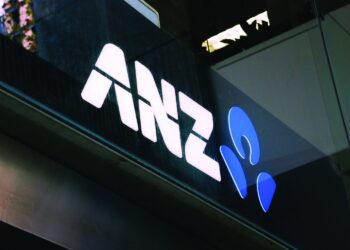The Australian Securities and Investments Commission (ASIC) has published its final Future of Financial Advice (FOFA) guidance on best interests duty and scaled advice.
The new guides follow ASIC’s extensive industry and stakeholder consultation.
The best interest duty guidance is an update to Regulatory Guide 175 Licensing: Financial Product Advisers – Conduct and Disclosure (RG 175).
The final guidance covers acting in the best interests of the client, satisfying the ‘safe harbour’ for the best interests duty, providing appropriate personal advice, and prioritising the interests of the client.
“Consumers expect financial advisers to act in their best interests when giving them personal advice,” ASIC commissioner Peter Kell said.
The scaled advice guidance is an update to Regulatory Guide 244 Giving information, general advice and scaled advice (RG 244).
“A key objective of FOFA is increasing access to good quality scaled advice,” Mr Kell said.
“Many consumers want specific advice on a single issue or a limited number of issues, not a comprehensive financial plan,” he said.
ASIC has provided specific and practical guidance and examples about giving scaled advice, while complying with the best interests duty.
The best interests duty and related obligations are set out in Division 2 of Part 7.7A of the Corporations Act. The conflicted remuneration provisions are set out in Divisions 4 and 5 of Part 7.7A.
These new provisions commence on 1 July 2013. AFS licensees can choose to follow the requirements earlier. If they do so, they must register with ASIC.
The regulator has also updated the proposed guidance on the conflicted remuneration ban in Consultation Paper 189 Future of Financial Advice: Conflicted remuneration (CP 189). Final guidance is expected in February 2013.
Submissions to the proposed CP 189 guidance raised difficulties and have not supported ASIC, providing indicative thresholds for when ASIC is more likely to scrutinise a benefit.
In response to the feedback, ASIC proposes to remove indicative thresholds from the final guidance.
“Our final guidance will instead focus on the principles underlying when a performance benefit is more likely to be conflicted remuneration,” Mr Kell said.
“CP 189 sets out clearly a range of issues that need to be considered when evaluating employee performance benefits, and these will form the basis of the principles,” he said.







